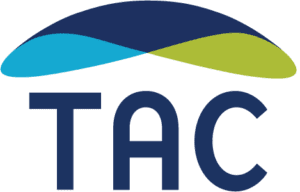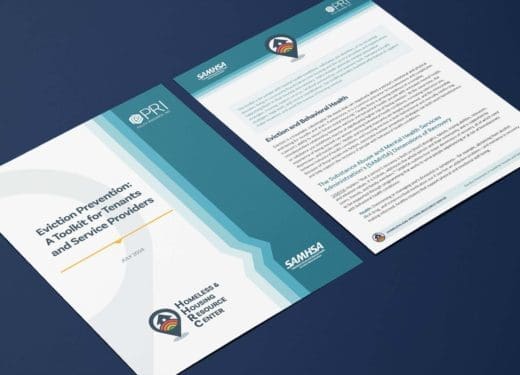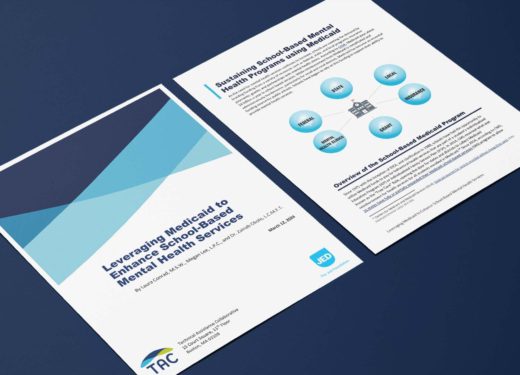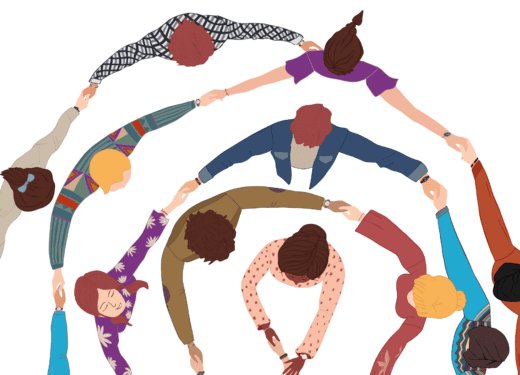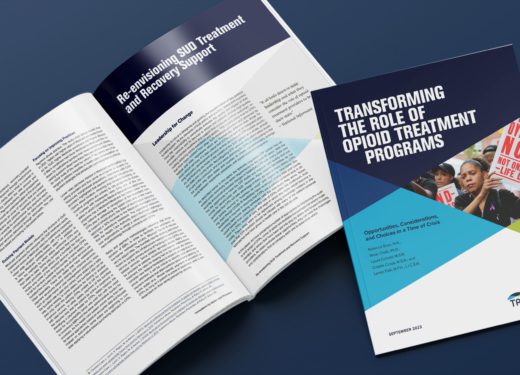The Resource Library
Publications
- Show all
- Affordable Housing Planning
- Behavioral Health Financing
- Bevahioral Health Crisis Response
- Care Integration
- Chronic Homelessness
- Community Engagement
- Continuum of Care
- Disaster Prep/Recovery
- Equity-Focused Data/QI
- Equity-Focused Systems Redesign
- HOPWA
- Housing-Related Supports
- Integrated Housing
- Lived Experience/Expertise
- Long-Term Services/Supports
- Managed Care
- Mental Illness
- Olmstead
- Permanent Supportive Housing
- Rapid Rehousing
- Rental Assistance
- Substance Use Disorders
- Supported Employment
- Systems of Care
- Veteran Housing/Services
- Youth Homelessness

Leveraging Medicaid to Enhance School-Based Mental Health Services
Medicaid | Issue Brief | Publication | March 2024With new flexibilities in Medicaid funding, states and school districts have a unique opportunity to meet the increasingly critical mental health needs of young people in the United States.

Building Community Partnerships to Boost Mobile Crisis Response (webinar series)
Mental Health & Substance Use | Media | Publication | February 2024To successfully reach people who have been missed or failed by the behavioral health system, mobile response teams must build trust with local entities and rethink awareness-building and engagement.

Alineación de sistemas guía sobre modelos lógicos y teorías del cambio
Fact Sheet | Publication | December 2023Esta guía de TAC Systems Alignment Innovation Hub (SAIH) sobre modelos lógicos y teorías de cambio ofrece breves descripciones de seminarios web, capacitaciones, libros de trabajo y plantillas que pueden proporcionar una comprensión de estas dos herramientas relacionadas y ayudar a las organizaciones a desarrollar sus propios modelos.

Guide to Logic Models and Theories of Change
Fact Sheet | Publication | November 2023This guide from TAC Systems Alignment Innovation Hub (SAIH) offers brief descriptions of webinars, trainings, workbooks, and templates that can provide an understanding of these two related tools and help organizations develop their own models.

